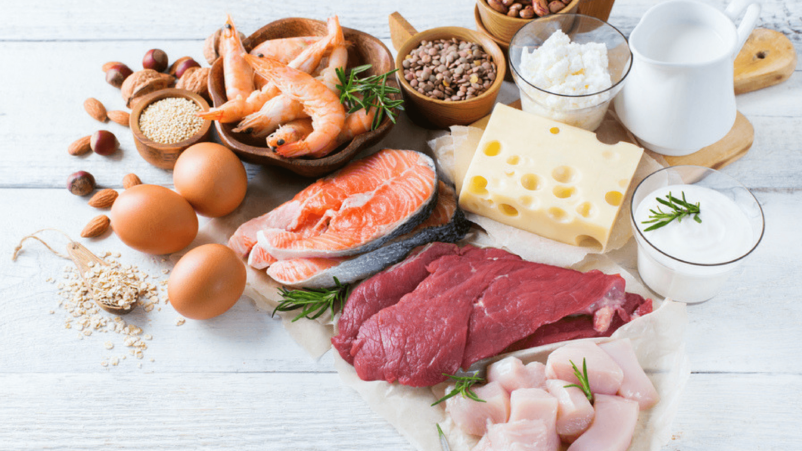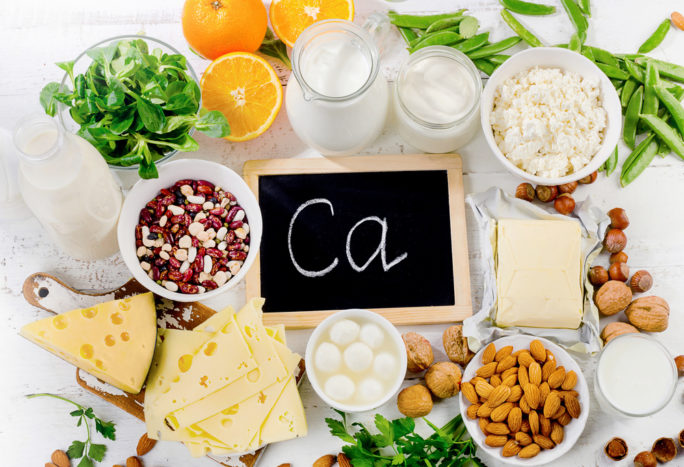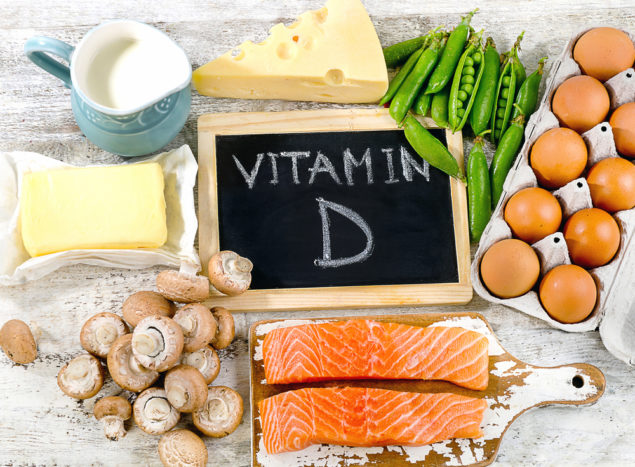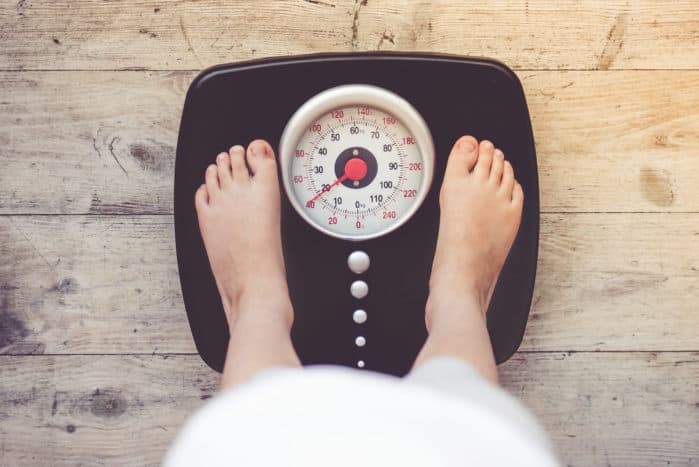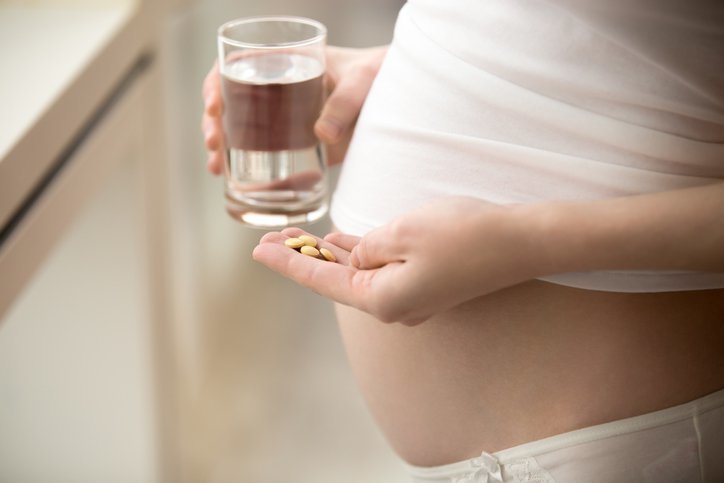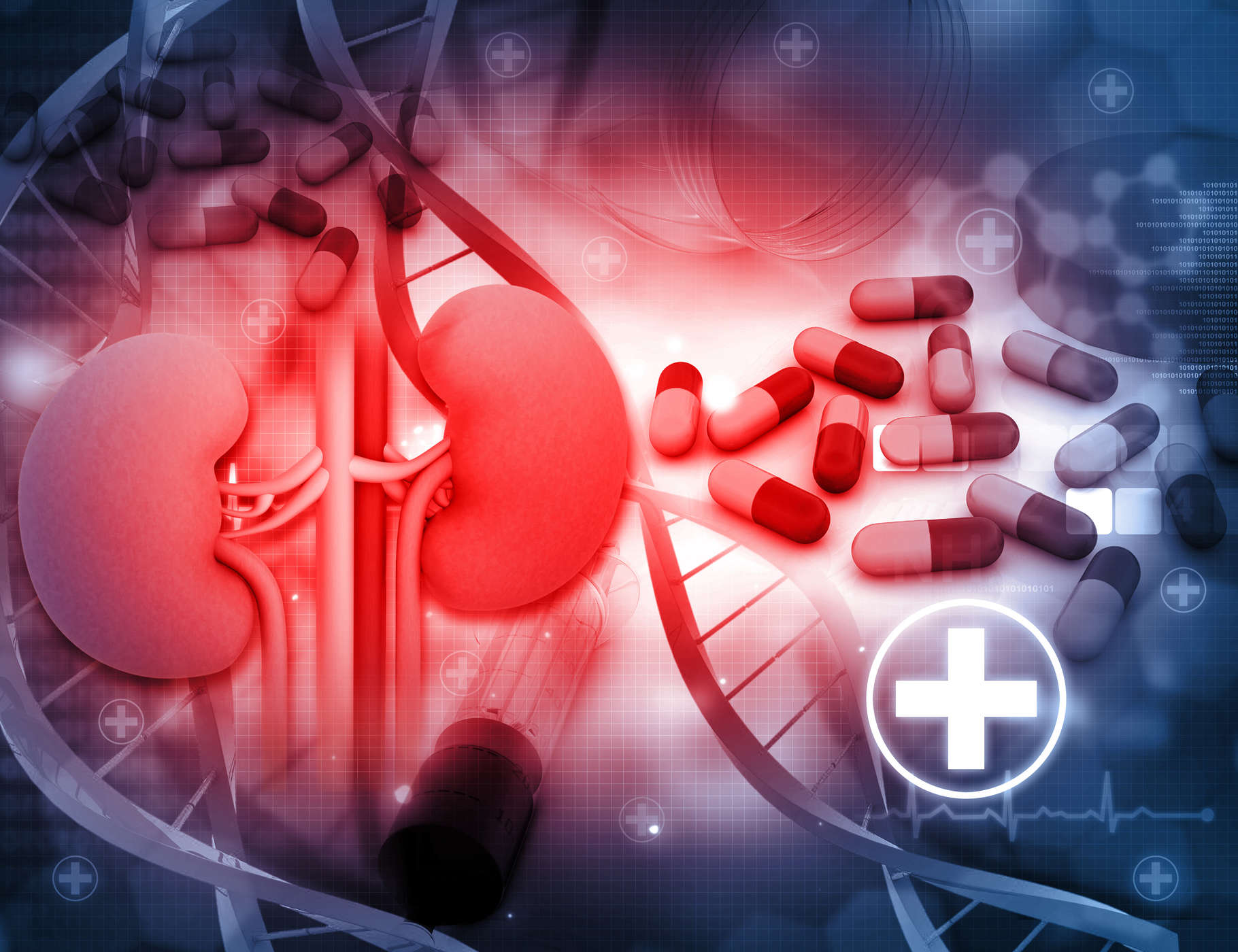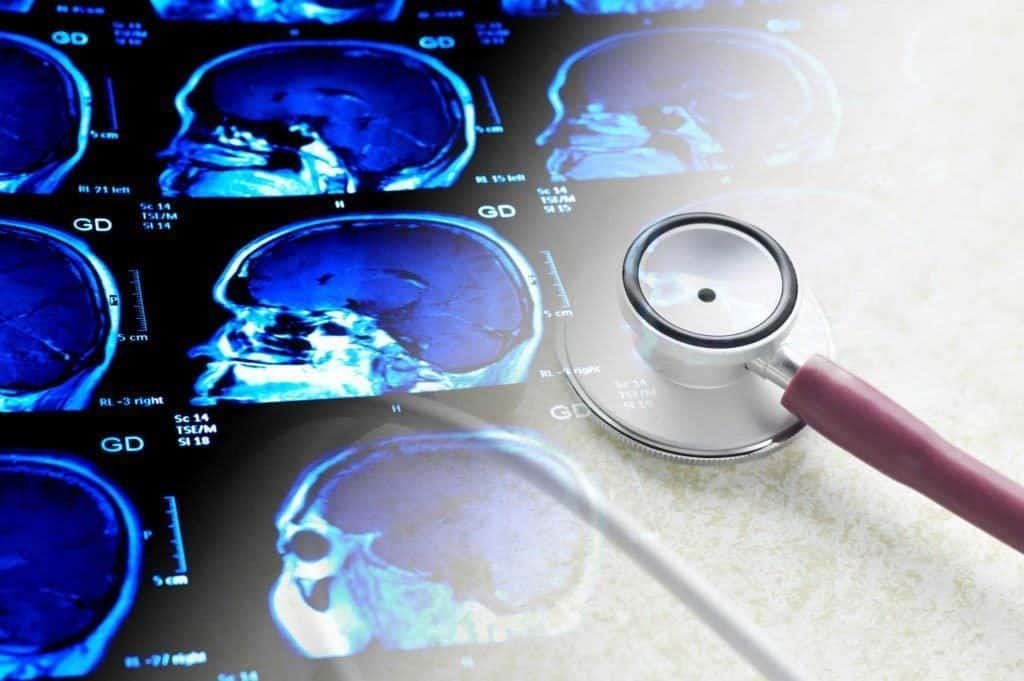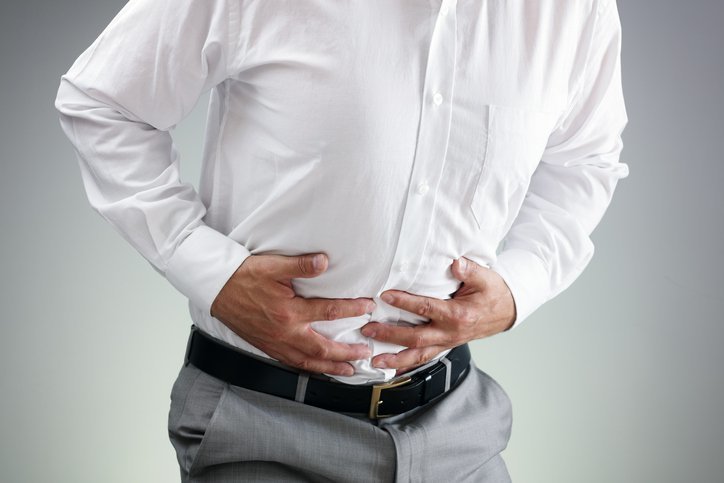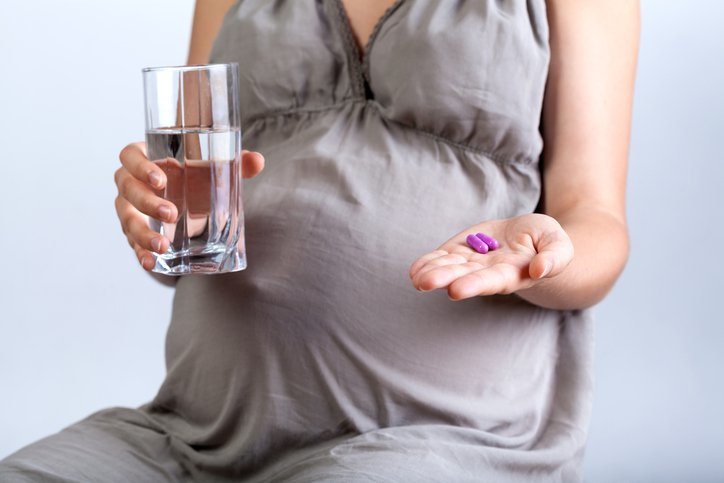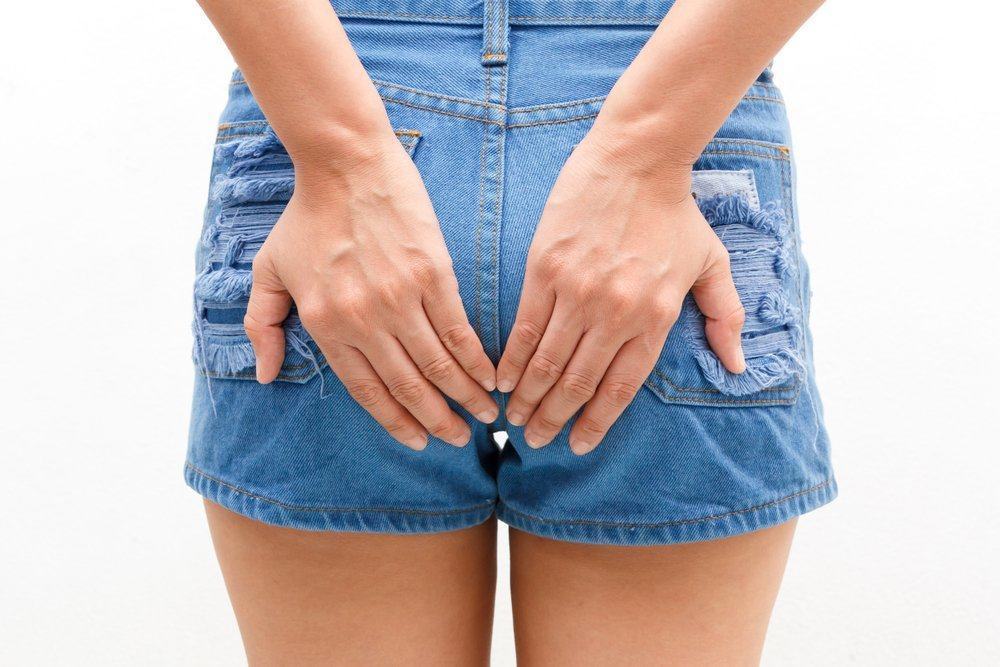Contents:
- Medical Video: HOW TO REVERSE OSTEOPOROSIS IN 6 MONTHS - Increase bone density by Amitabh Pandit
- Various natural ways to maintain bone health
- 1. Eat lots of vegetables
- 2. Strength training and weight training
- 3. Meet protein needs
- 4. Eat foods high in calcium
- 5. Fulfill your intake of vitamin D and vitamin K
- 6. Maintain a healthy weight
Medical Video: HOW TO REVERSE OSTEOPOROSIS IN 6 MONTHS - Increase bone density by Amitabh Pandit
The age of 30 years and above is the most important period to maintain bone health. Because the bone mass will thin out so that it can increase the risk of osteoporosis and easily broken bones.
Eits, does not mean you are too late to maintain bone health, you know. The good news is that there are a number of natural ways you can help build healthy, strong, and solid bones at your age. Anything? Come on, see the full explanation below.
Various natural ways to maintain bone health
You certainly want to have healthy and strong bones, especially when you enter old age. Instead of relying on supplements, it's a good idea to apply natural methods that can help build strong bones.
1. Eat lots of vegetables
Vegetables are one of the best foods that can increase bone mineral density. Reporting from Healthline, the intake of green and yellow vegetables can help increase bone mineralization in children and maintain bone mass in adults.
Not only that, vegetables contain vitamin C which can stimulate the production of bone-forming cells. In fact, antioxidants in vitamin C can also protect bone cells from damage.
According to a study conducted in women aged 50 and above, broccoli, cabbage, or other vegetables can prevent bone damage. So, don't miss vegetable intake on your daily diet, huh.
2. Strength training and weight training
One of the best types of exercise to maintain bone health is to exercise weight-bearing (weight-bearing exercise) Because, this type of exercise can encourage the formation of new bones and prevent bone loss.
According to a study conducted in men and women entering old age, weight-bearing exercise can increase bone mineral density and reduce bone inflammation. This type of exercise can help protect bones from loss, including those with osteoporosis, osteopenia, and breast cancer.
3. Meet protein needs
About 50 percent of the bones are made of protein. Now, if you want your bones to stay healthy and strong, you must fulfill your daily protein needs.
The researchers revealed that low protein intake can reduce calcium absorption in bones. As a result, the process of bone formation is hampered and the bones become easily fragile.
So, fulfill your daily protein needs by eating good sources of protein such as fish, meat, eggs, cheese, milk, and so on. A diet high in calories and protein can also help you lose weight while maintaining your bone mass.
4. Eat foods high in calcium
Calcium is the most important and most found mineral in bones. Because, this mineral serves to replace old and damaged bone cells with new bone cells.
Based on the Nutrition Adequacy Rate by the Indonesian Ministry of Health, the amount of calcium needed for adults is around 1,000 to 1,100 milligrams per day. Well, you can do it by eating calcium-based foods such as milk, cheese, eggs, broccoli, spinach, and so on.
5. Fulfill your intake of vitamin D and vitamin K
Vitamin D and vitamin K are two key types of vitamins to build strong bones. Judging from its function, vitamin D is useful to help absorb calcium, while vitamin K has a role to activate proteins needed for bone growth and development.
You can get enough vitamin D by routinely basking in the morning and eating food sources of vitamin D such as fatty fish, liver, and cheese. If needed, you can take supplements containing 2,000 IU of vitamin D every day to maintain bone density, according to the doctor's recommendations.
Meanwhile, vitamin K2 is a type of vitamin K that helps bind minerals in the bone and prevents loss of calcium in the bones. A study shows that women aged 50 to 65 who take vitamin K2 supplements can reduce bone density after 12 months.
6. Maintain a healthy weight
In addition to eating nutritious food and exercise, maintaining weight is also important to maintain bone health. The reason is, people who are underweight are at risk of osteopenia and osteoporosis.
Low body weight is a major factor in decreasing bone density and bone loss. Usually, this happens to women who have undergone menopause as the effect of the estrogen hormone decrease.
So, keep your body weight ideal to protect bone health. Whether or not your ideal weight can be determined using a BMI calculator or at bit.ly/indeksmassatubuh.




